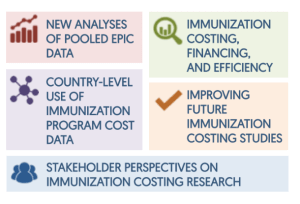Introduction and Overview
The evaluation is expected to comprehensively assess the HIV Monitoring and Evaluation (M&E) system aimed to standardizing the reporting forms, build the national information flow within HIV related organizations, developing the national M&E System and Plan. The evaluation has to provide recommendations for improvement of M&E System, enhance its quality and comprehensiveness, including coordination and sustainability of the system.
The evaluation will assess the HIV/AIDS M&E system, type of indicators and data flows starting from the first service contact level up to the national level, between different sectors and with particular emphasis on Prednestrovya region. The evaluation will last by the end of November, 2017.
Organizations involved in the research
Public Institution “Coordination, Implementation and Monitoring Unit of the Health System Projects” is implementing the project, funded by The Global Fund. Partners of the project are Ministry of Health (MoH) and other sectorail ministries under the leadership of the National Coordination Council of Moldova.
The HIV Monitoring and Evaluation is one part of the project fulfilled by Curatio International Foundation.
Expected Results
The Program Management structure, regional health authorities, health and other service providers will largely benefit from enhanced and comprehensive M&E system, for which the evaluation will formulate recommendations.

 “We view these evaluations as particularly important to help inform how we can better help countries transition away from Gavi support in the future and to provide lessons learned and recommendations that could inform Gavi’s Graduation Policy going forward.” –
“We view these evaluations as particularly important to help inform how we can better help countries transition away from Gavi support in the future and to provide lessons learned and recommendations that could inform Gavi’s Graduation Policy going forward.” –